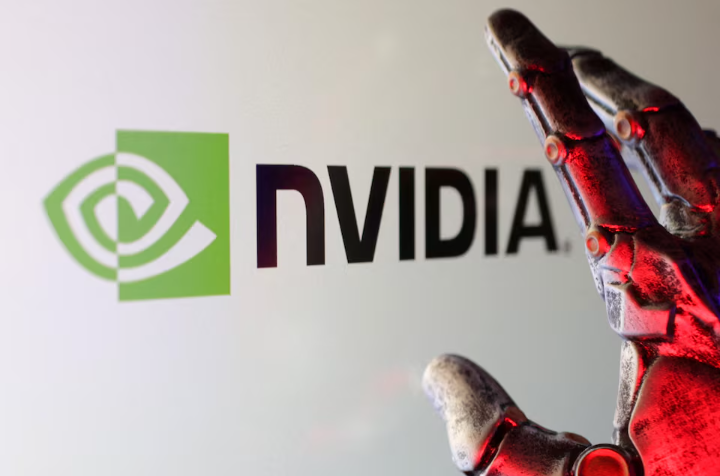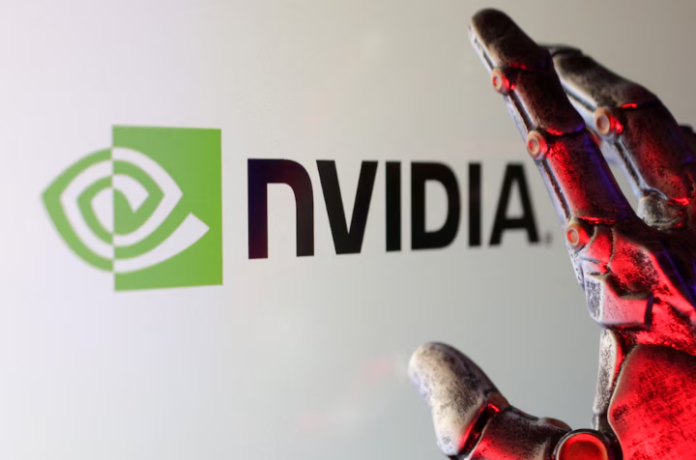In a bold move that underscores America’s growing appetite for technological self-sufficiency, Nvidia has announced plans to build AI servers worth up to $500 billion in the United States over the next four years. The chip-making giant will partner with global tech players like TSMC, Foxconn, and Wistron to make this happen, signaling a major shift in global manufacturing dynamics.
The ambitious initiative will see Nvidia’s powerful Blackwell AI chips manufactured at TSMC’s Arizona plant, while supercomputers will be assembled in Texas. These facilities are expected to become operational within the next 12 to 15 months. This development aligns with the Trump administration’s push to bring tech production back to American soil, especially as trade tensions with China continue to loom.
Until now, Nvidia—like many U.S.-based tech firms—has relied heavily on factories in Taiwan to produce the bulk of its advanced processors. However, looming tariffs on imported electronics and pressure from Washington have made domestic production a strategic necessity.
“It’s unlikely Nvidia would have shifted production without the pressure from the Trump administration,” noted Gil Luria, an analyst at D.A. Davidson. “The $500 billion figure may be inflated, similar to Apple’s earlier U.S. investment promises.”
Indeed, in February, Apple committed to investing half a trillion dollars in U.S. operations, including the development of AI server factories in Texas. Nvidia’s announcement follows a similar trajectory, positioning it as a patriotic partner in America’s bid to dominate the AI and semiconductor industries.
Interestingly, this announcement comes just after the U.S. government temporarily exempted electronics like smartphones and chips from tariffs on Chinese imports. However, officials say new tariff rates on imported chips will be disclosed soon, keeping the industry on edge. This exemption reflects the administration’s awareness of how damaging tariffs could be to both consumers and the booming AI sector, which depends on overseas components.
Nvidia’s CEO, Jensen Huang, emphasized the strategic importance of the move, stating: “Bringing AI chip and supercomputer manufacturing to the U.S. helps us meet the surging demand, strengthens our supply chain, and enhances our overall resilience.”

The company also stressed the potential job creation this initiative could bring. According to Nvidia, hundreds of thousands of new jobs could be generated in the U.S. over the coming decades as the demand for AI technology grows and manufacturing scales up.
Former President Trump directly referenced Nvidia’s announcement during a White House briefing, saying, “They did it because of tariffs—and because of the November 5th election.”
Back in March, Huang had acknowledged the likelihood of Nvidia moving some production to the U.S. in the long term, though he downplayed any immediate effects of tariffs.
In another key development, TSMC has already begun producing Nvidia’s next-gen chips at its Arizona facility, further cementing this pivotal shift in global manufacturing strategy.
As the AI revolution accelerates, Nvidia’s American expansion could mark the beginning of a broader reshoring movement across the tech industry—one that’s as politically motivated as it is economically strategic.



